“Plagiarism and copyrights and trademarks! Oh, my!”
(Read this in your best imitation of Dorothy, the Scarecrow, or the Tin Man in Oz.)
Sometimes, like Dorothy and Toto, we may get into situations where suddenly we realize we’re “not in Kansas anymore” and are facing all sorts of previously unknown dangers. To help you become familiar with what lies around the next bend in the Yellow Brick Road to publication, here are some terms you should know:
Plagiarism is literary theft–stealing ideas and/or words and giving the impression that they are your own. While some people may call that “copying” or “borrowing,” it is actually an act of fraud. Since any writer knows how hard it is to come up with fresh ideas and put them into words and stories, we should be able to appreciate the hard work of others and their desire to receive credit for their intellectual property.
When you make use of the creations of others, so long as you’re copying bits that fit within “fair use” standards, you can usually avoid plagiarizing by being careful to cite your sources and giving credit where credit is due.
An excellent resource to keep handy is plagiarism.org. (I enjoyed using this site, myself, as I prepared today’s lesson. See? It’s that simple.)
Copyright law is grounded in the U.S. Constitution. Just as a patent protects an invention, copyright laws protect original “works of authorship” such as stories, poetry, plays, music, art, photography, movies, computer programs, and architectural designs–anything created and expressed in some tangible form. It need not be published, and you don’t necessarily have to go through a formal process to register your work or apply for a copyright (though you can for as little as $35). If there’s a record–on paper or on a computer–that it’s your work, it’s protected.
For more about copyright law, go straight to the U.S. Copyright Office website.
A registered trademark is sometimes used to protect names, titles, slogans, or short phrases not covered under copyright law. This can be a tricky area!
Let’s say that you are a big fan of J.R.R. Tolkien and consider yourself practically a citizen of the Shire. You have a great idea you’d like to develop–a bit of fan fiction, if you will. Be careful! The Hobbit, as a title, cannot be copyrighted, but the word “hobbit” was coined by Tolkien and is among the terms registered as trademarks by the foundation he set up which is now managed by his heirs. In addition Middle-Earth Enterprises, a division of the Saul Zaentz Corporation, owns the movie and merchandising rights. So you cannot write of hobbits or any of the characters Tolkien created without first requesting a license to do so, but you CAN write about a Shire or elves or dwarves or orcs or dragons because those were not the original creative property of our friend, Mr. Tolkien.
In short plagiarism, copyright, and trademark rules boil down to the Golden Rule found in the Bible: “Do unto others as you would want them to do unto you.” It’s a good rule to remember!
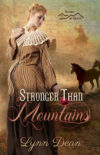
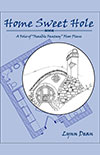
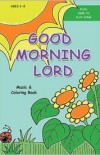
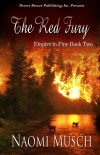
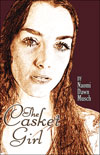
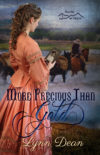
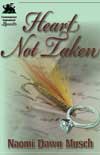

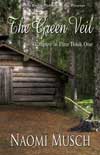




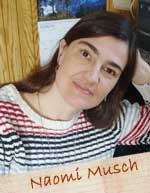


Speak Your Mind
You must be logged in to post a comment.